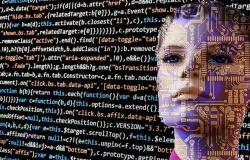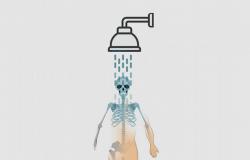The president of Brazil, Luiz Inácio Lula da Silva, spoke by telephone this Wednesday with the Venezuelan, Nicolás Maduro, and insisted “on the importance of having a large presence of international observers” in the presidential elections called for 28 July, according to an official note from the Brazilian Presidency. Lula, who this week also spoke by telephone with his Spanish counterpart, Pedro Sánchez, has also stressed the need to comply with the Barbados agreements between the Government and the opposition, which laid the foundations for holding elections with democratic guarantees. . Chavismo recently revoked the invitation to the European Union observation mission, the most robust of those planned.
The leader of the Brazilian left urges the leader of Chavismo to clarify the conditions under which the elections will be held, for which there are less than two months left.
The head of the Venezuelan Parliament, Jorge Rodríguez, Chavismo’s main political operator, ordered the invitation to the EU to be withdrawn, which ruined the exploratory visit that an EU mission had already made last month. It was an angry response to the European decision to lift individual sanctions against the current president of the National Electoral Council, Elvis Amoroso, and three other officials while maintaining restrictions against 50 other people related to the Maduro Government. Venezuela interpreted what appeared to be a gesture of good faith as coercion. Amoroso accused the EU of interference and made it conditional on the total lifting of sanctions that his observers be welcomed in future elections. European electoral observation seems to have been buried.
Diplomatic movements around the elections are multiplying. The Colombian president, Gustavo Petro, is leading an initiative for Chavismo to commit to accepting the result, whatever it may be. As the Brazilian president often repeats, may the best win and whoever loses return home to prepare for the next campaign, as he himself did until he won.
The Venezuelan electoral campaign is in full swing with the opposition leader, the banned María Corina Machado, holding rallies here and there while the candidate who appears on the ballot as Maduro’s main adversary, the diplomat Edmundo González Urrutia, maintains a lower public profile.
In the conversation between Lula and Maduro, the former has also reiterated his desire that the sanctions against Venezuela “be lifted, so that they contribute to the electoral process being able to move forward in a climate of trust and understanding.”
The lever to mobilize Maduro to give up space has been the oil sanctions, whose relaxation ended on May 31, after the United States considered that not enough efforts were being made to hold a democratic presidential election. Washington, however, did not return to the closed regime. Instead, it is authorizing specific licenses for foreign companies to do business with the state oil company PDVSA.
Upon coming to power in 2023, Lula summoned Maduro to a summit of South American presidents with the aim of paving the way for Venezuela to emerge from ostracism. But then came several issues that irritated the Brazilian. Lula was clear in expressing his displeasure at the Chavista veto of Corina Yoris, Machado’s first replacement once the disqualification was confirmed. And before, he also criticized the Venezuelan president’s maneuvers to generate tension and a national closing of ranks around the Essequibo dispute, a territory located in Guyana whose sovereignty he claims.
Lula has sent an ambassador to Caracas, after the freezing of relations during the mandate of his predecessor, Jair Bolsonaro, and now wants to reactivate trade relations with the neighboring country, which can benefit the Amazonian border states.
The Barbados Agreement specifically mentioned the EU, Carter Center and United Nations missions as a minimum guarantee of comprehensive observation. With the path apparently closed for the first, the presence of the other two organizations was accepted by Chavismo. Other organizations such as the Community of Latin American and Caribbean States (Celac), the Caribbean Community (Caricom), the UN Panel of Experts or the African Union, among others, are also expected.
Follow all the information from El PAÍS América in Facebook and xor in our weekly newsletter.






